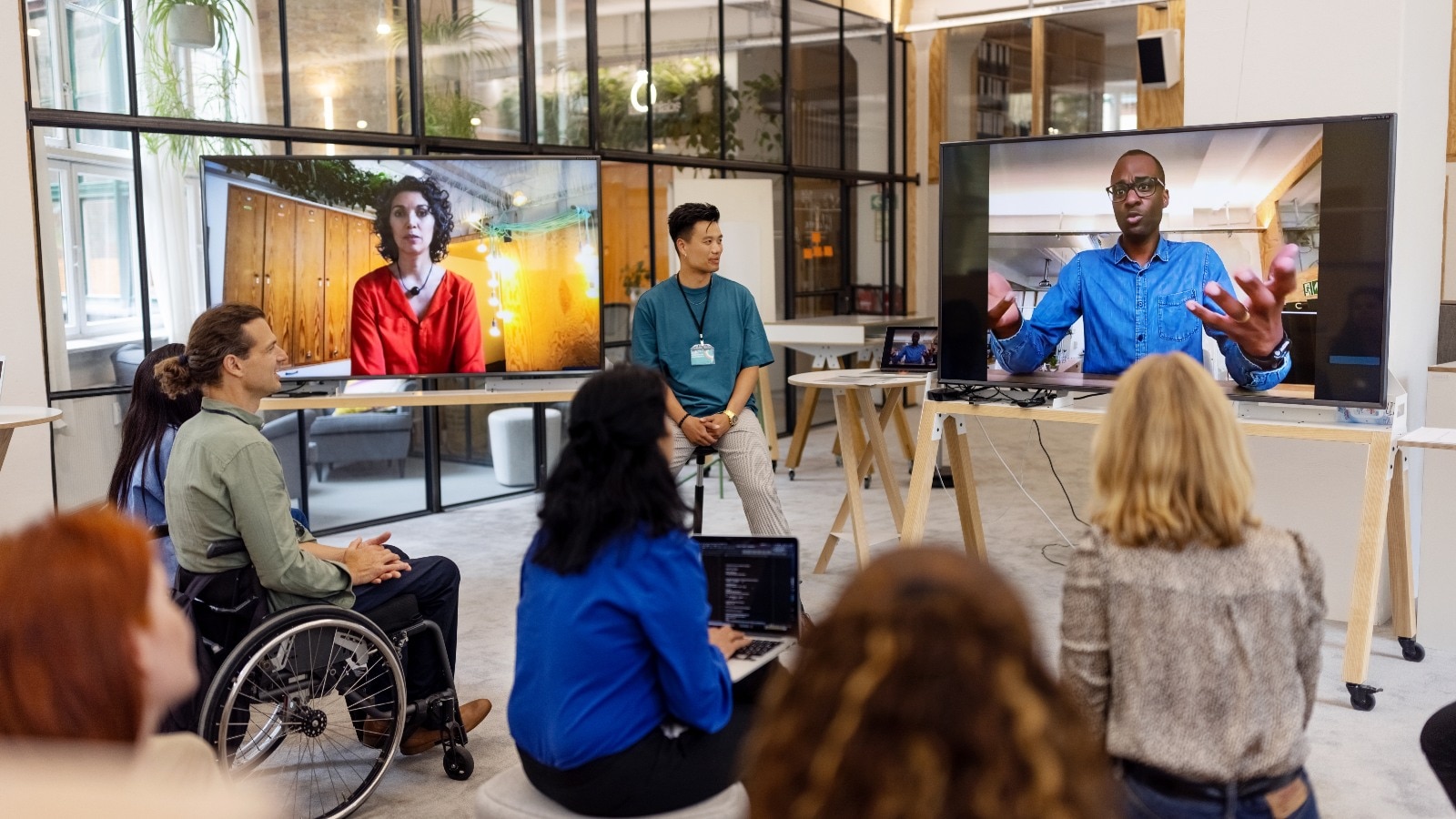The reason why people are so crucial to the success of transformation is clear. They need to know what the new technology can do and how to apply it in their particular work - and they need the skills to deploy it in the most effective way. Transformation has to be human-led, tech-powered. As PwC's 26th Annual CEO Survey highlights, many tax teams are missing out on this vital investment in tech upskilling. Just 27% of UK CEOs are investing in the technology skills and capabilities of their tax teams, compared to more than 50% for sales and marketing and over 40% for risk, legal and finance.
Even if your people do have access to the necessary technology - and training in how it operates - there is a danger they won’t use it either because they don’t trust it, or they believe it threatens their jobs, or because they prefer familiar old ways of working. Even if they are receptive to change, there’s still a risk they'll overestimate what the technology can do and become frustrated if it doesn’t deliver.
















